SPEAK UP & STAND UP AGAINST HATE

Hate Crimes: Recognize, Respond, Report

What is a Hate Crime?
RECOGNIZE, RESPOND, REPORT
Hate Crimes are defined by the US Department of Justice (DOJ) as: ”Any criminal offense committed against a person or property which is motivated, in whole or in part, by the offender’s bias against race, color, national origin, religion, gender, sexual orientation, gender identity, or disability.”
EFFECTS HATE CRIMES HAVE ON VICTIMS
→ Fear of attending worship and/or wearing distinguishing religious attire or symbols
→ Abstaining from publicly expressing culture or identity
→ Self-censorship in school, at the workplace, in social settings, or on social media
→ The need to invest in enhanced security measures in public areas devoted to a specific religious, ethnic, cultural, or gender-specific people (youth programs, schools, religious buildings)
→ Worry and anxiety about becoming a victim
→ Avoidance of certain places
In Utah, longer sentences may be imposed on someone convicted of a crime proven to have been motivated by a person’s race/ethnicity, religion, sexual orientation, gender identity, disability, sex, and/or age.

Hate Crime or Incident?

The First Amendment provides broad protections for free speech. However, speech that does not rise to the level of a hate crime may still constitute a hate incident. Hate incidents can have similar effects on victims. If you think you are the victim of a hate incident, contact your local law enforcement.
RECOGNIZE, RESPOND, REPORT
EXAMPLES OF HATE INCIDENTS
→ Name-calling
→ Displaying hate symbols on public or private property
→ Distributing material with hate messages
→ Insults
→ Imitating a disability or a cultural practice, in a mocking, sarcastic, or insulting manner
EXAMPLES OF HATE CRIMES
→ Physical violence
→ Bullying
→ Threats (including online)
→ Phone harassment
→ Hate mail (including e-mail)
→ Vandalism
→ Destruction of property
Utah Hate Crime Examples
In November 2018, a Utah man shouted at a tire shop in Salt Lake City: “Are you f--ing Mexican? Because I’m going to kill a Mexican!” before attacking an employee.
In August 2023, vandals wrote, “Stay off my block. You are not welcome. No cheats and liars here,” and damaged a sign outside the Trinity African Methodist Episcopal Church in downtown Salt Lake City.
In October 2023, a Utah Muslim family was targeted at a TRAX station by a man spitting on them and yelling for them to “go back to your country!”
In December 2023, a Salt Lake City nail salon was burglarized and targeted with extensive damage and a painted message saying “f--China”.
In December 2023, a neighborhood in Salt Lake City woke up to antisemitic, racist, and homophobic vandalism spray painted onto the exterior of Bonneville Elementary School.
Darkness cannot drive out darkness; only light can do that. Hate cannot drive out hate; only love can do that.
Martin Luther King, Jr.
“
“
Definitions

Antisemitism: Prejudice, hostility, or discrimination against Jews or those perceived to be Jewish.
Bigotry: Intolerance toward those who are members of a particular group.
Free Speech: The freedom of individuals or communities to articulate their opinions and ideas without fear of retaliation, censorship, or sanction.
Hate Incident: Acts of hostile words or acts that are not crimes and do not involve violence, threats, or property damage.
Hate Speech: Speech that attacks a person or group on the basis of race, religion, sexual orientation, ethnic origin, national origin, gender, gender identity, or disability.
Homophobia: Prejudice, hostility, or discrimination against homosexual people, or those percieved to be gay.
Islamophobia: Prejudice, hostility, or discrimination against Islam or Muslims, or those perceived to be Muslim.
Misogyny: Dislike of, or contempt for, or ingrained prejudice against women.
Prejudice: Dislike, hostility, or unjust behavior deriving from unfounded opinions, often directed toward people in a certain identity group.
Racism: Prejudice, discrimination, or antagonism directed against someone of a different race based on the belief that one’s own race is superior.
Stereotype: The false idea that all members of a group are the same and think and behave in the same way.
Transphobia: Prejudice, hostility, or discrimination against transgender people, or those perceived to be transgender.
Vandalism: Action involving deliberate destruction or damage to property.
Xenophobia: Dislike of or prejudice against people from other countries.
SPEAK UP & STAND UP AGAINST HATE
Every person has the power to make an impact. No action is too small to have widespread effects, and even the slightest effort can make a big difference. Here are some small changes you can make in your behavior to help make the world a better place:
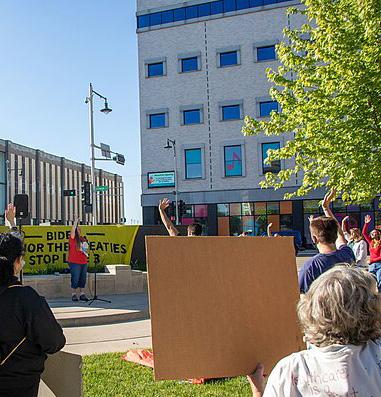
BE BETTER
Evening the score is never the right answer. Don’t respond to hate with more hate. Instead, use the experience as an opportunity to rise above hatred and lead by positive example.
SUPPORT TARGETS
If you witness someone who is a victim of prejudice, offer them your support. Sometimes the most important thing you can do for someone who is being bullied is to let them know they are not alone.
BE A ROLE MODEL
Behave in a way that sets an example for your friends. By refusing to use stereotypes, hateful speech, or labels, you can serve as a role model for how others should behave. Your words, whether you realize it or not, have a strong impact on the world around you. Be mindful to use your words to make a positive difference rather than a negative one.

DON’T PARTICIPATE
While you may not be the one displaying negative behavior, you can still make a difference by refusing to participate. Don’t laugh, stare, or cheer on the hateful behavior.
BE UNCOMFORTABLE
Acknowledging our own biases can be uncomfortable, but is important for our personal growth. Be an active participant in the world around you by taking notice of behavior or actions you feel are wrong, harmful, or hateful. Use the discomfort as a tool to evaluate your own behavior – and the behavior of those around you.
The world will not be destroyed by those who do evil, but by those who watch them without doing anything.
Albert Einstein
“ “
Parents: Teach Children TO RISE ABOVE THE HATE
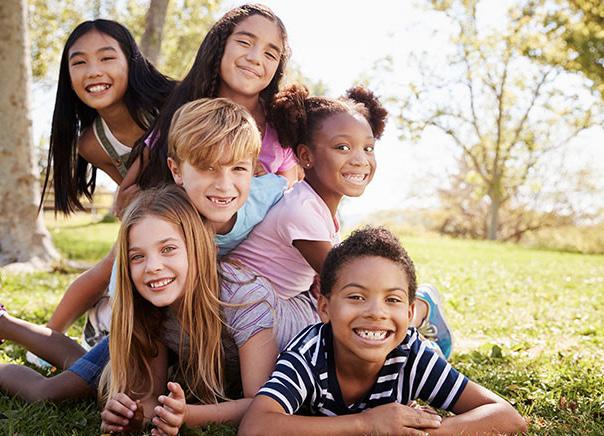
NO CHILD IS BORN WITH PREDETERMINED HATRED OR PREJUDICE
Children are molded by what they witness around them. Everything a child experiences or observes influences their knowledge and opinions. This is why everything a child is exposed to (insults, bigotry, name-calling) can have far-reaching effects on how they view themselves, develop their own self-image, and relate to others.
Teaching children that even subtle forms of hate are wrong and to challenge prejudice are the first steps in preventing more extreme hatred in the future.
As a parent, you shape your children’s views, beliefs, and values with your behavior daily. These tips can help you when talking to your child about fighting against prejudice and hatred:

STUDY YOURSELF
A first step is to study yourself. Consider if you have unintended biases about race, religion, sexual orientation, ethnicity, national origin, gender, age, or people with disabilities. Be sure you are being a positive example and are prepared for deeper conversations with your child.
STUDY OTHERS
If friends or family members in your child’s life practice hateful speech or prejudice, ask them to stop. Explain to your child why the behavior is problematic.
DISCUSS WORLD EVENTS
Exposure to social media makes it essential to talk with your child about world events. Hate permeates the news cycle. Create a safe space for your child to discuss their thoughts.
CELEBRATE DIVERSITY
Expose your child to people from diverse backgrounds. There is a lot to learn from those who are different. Teach your child about the positive way diversity continues to shape the United States.
PREPARE THEM
Many children are victims of hate speech, prejudice, or bigotry. Give them tools to handle this by affirming their dignity, self-worth, and importance, and identify the steps they should take, including asking adults for help.
PERIODICALLY ASK
Check in with your child to make sure they are doing okay and ask them if they have experienced instances of hate.
ENCOURAGE ACTION
Teach your child that they have the power to make a difference. Share examples of social change and how small efforts can impact larger causes.
MAKE ROOM
Help your child understand the importance of empathy and how supporting another person does not mean sacrificing their own well-being.
DON’T IGNORE
Call out your child if they apply stereotypes or labels. Address the behavior sensitively and help them to see the negative impact of their actions on other people.
Reporting Is Critical
Without an understanding of what kinds of hate crimes and incidents communities are experiencing, law enforcement and other organizations can’t respond appropriately, or work to prevent future incidences.
ONGOING CHALLENGE
Underreporting is a serious barrier to addressing hate crimes. In 2022, the FBI reported a record 11,613 hate crimes nationally. The DOJ estimates that over 250,000 hate crime victimizations occur annually and that less than 1 in 30 are reported.
TARGETS SHIFT
Hate crime offenders are often able to shift the target of their hate between groups of “others”. This phenomena contributes to elevated anti-LGBTQ+ hate crimes during Pride Month and elevated Islamophobic, antisemitic, and anti-Arab hate crimes during periods of increased violence in the Middle East.
VIOLENCE SPIKES
Hate crimes are increasingly violent. Pittsburgh’s Tree of Life Synagogue, Buffalo’s Tops Supermarket, and Colorado Springs’ Club-Q nightclub have become synonymous with violent hate.
Reported Hate Crime Incidents, By State, 2021
 Source: Center for Study of Hate and Extremism at CSUSB
Source: Center for Study of Hate and Extremism at CSUSB
Record Year Increase Decrease Not Yet Reporting
DON’T BE SILENT
Nationally: Utah In 2022:
From 2013-2022
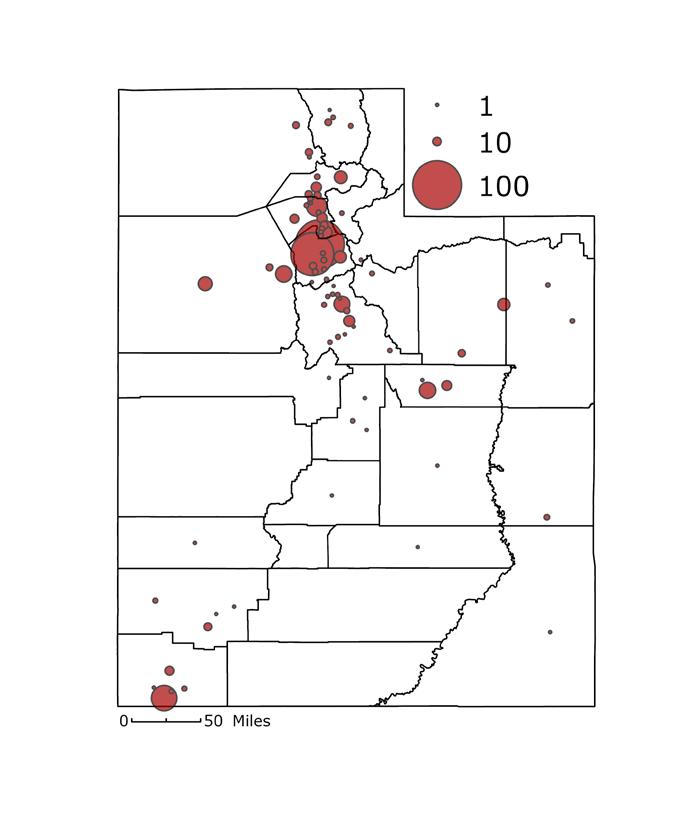

2022 is the most recent year of available data; Map data points are located at the center of each reporting police department’s jurisdiction; Salt Lake City 2022 Hate Crimes includes SLCPD and University of Utah Police; Source: Utah Department of Public Safety, DOJ Bureau of Justice Statistics, FBI Statistics on Hate Crimes Bias Anti-Black Anti-LGBTQ+ Anti-Jewish Anti-Hispanic Anti-Islamic or Arab Anti-Asian Anti-Native American Anti-Disability Anti-Mormon 2011-2016 11,240 7,459 4,239 2,130 1,272 780 687 539 15 2017-2022 15,545 9,868 5,390 3,419 1,613 1,962 948 908 83 Increase 38.30% 32.30% 27.15% 60.52% 26.81% 151.54% 37.99% 68.46% 453.33%
37 Reported Hate Crimes in Salt Lake County 14 Reported Hate Crimes in Salt Lake City
Estimated Hate Crimes based on the DOJ data estimate
Hate Crimes are crimes against individuals
138 Reported Hate
Crimes
in Utah
2,602
67.3%

“ “ “ “
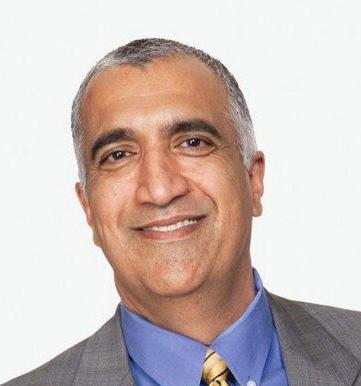
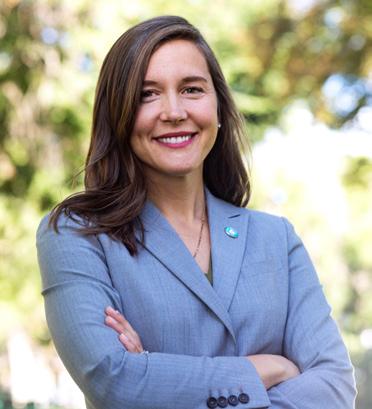

“Salt Lake County’s strength has always been the diverse tapestry of our people. We are proud of how our community embraces our neighbors, ensuring everyone feels safe, valued, and heard. Our greatness is in the collective spirit of our residents who reject hate and bigotry. Together, we say that hate has no place in Salt Lake County.”
Salt Lake County Mayor Jenny Wilson
“Hate crimes are different from other crimes. Hate crimes are a violent virus that have three victims: the person targeted in the attack, the community or group to which the person belongs, and those who live where the crime occurred. There is no place for hate in Salt Lake County.”
Salt Lake County Attorney Sim Gill
“Salt Lake City is the incredible place it is thanks to the people who call it home — people from diverse cultural, religious, and ethnic backgrounds. I’m grateful to these communities for their work to make our capital city the welcoming place it is. Salt Lake City unequivocally rejects hate, intolerance, and intimidation in any form.”
Salt Lake City Mayor Erin Mendenhall
“The Salt Lake City Police Department stands united in our fight against hate crimes. We are committed to inclusion and unity. We vow to thoroughly investigate hate crimes, to support survivors and to build a future where hate is rejected and where all individuals can live without fear of discrimination or violence.”
Salt Lake City Police Chief Mike Brown
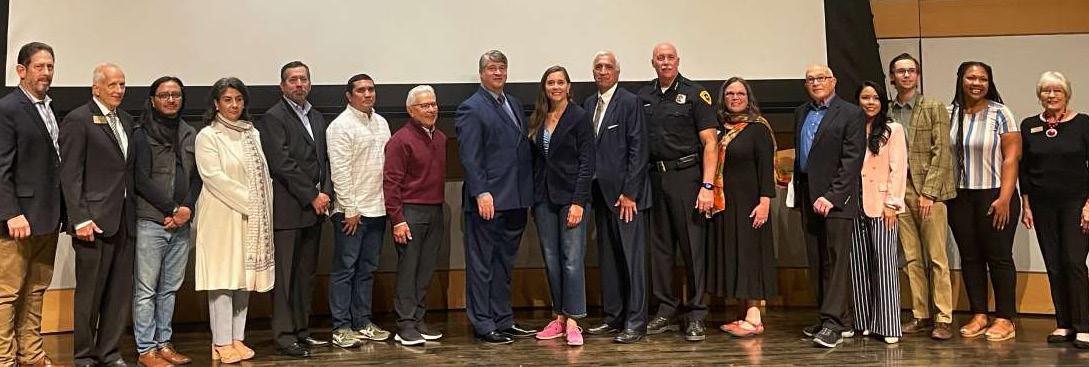
The Community Partners Against Hate
“Community Partners Against Hate originated when faith leaders, minority community leaders and government officials came together in October 2018 to support our Jewish community and mourn the horrific, hateful, murder of 11 elderly Jews praying in the Tree of Life Synagogue in Pittsburgh.
Shortly thereafter, several hate crimes in Salt Lake City targeted Hispanic and LGBTQ+ individuals. We advocated together to pass an effective, but long delayed hate crime law for Utah.
We work now with our city leaders and law enforcement partners to urge everyone to speak up and stand up against hate and report hate crimes and incidents. We brought eight distinguished leaders and officials to the Global Summit to Eradicate Hate in 2022. Recognized as a unique and effective coalition, we were invited to report our progress in 2023 when we brought 12 Partners to the Summit.”
Jay Jacobson, Chair
PARTNERS ORGANIZATIONS*
Congregation Kol Ami KSL
Consulate of Mexico in Salt Lake City
Salt Lake City Human Rights Commission
Salt Lake City Mayor’s Office
Salt Lake City Police Department
Salt Lake City School District
Salt Lake County District Attorney’s Office
Salt Lake County Mayor’s Office
Salt Lake Interfaith Roundtable
United Jewish Federation of Utah
Utah Division of Multicultural Affairs
Utah Muslim Civic League
*Because our partnership is dynamic and always changing, some partner organizations may not be included.
More information about the Community Partners Agasint Hate and individual partners is available on our website below.
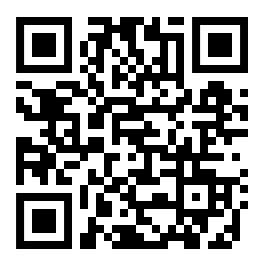 Photo of the Community Partners Against Hate is from a press conference announcing the PSA for the Speak Up and Stand Up against Hate campaign
Photo of the Community Partners Against Hate is from a press conference announcing the PSA for the Speak Up and Stand Up against Hate campaign
How to Report?
RECOGNIZE, RESPOND, REPORT
To report a hate crime or incident, contact the police. Law enforcement cannot investigate hate crimes unless we report them. If you or someone you know has been the victim of a hate crime, your local law enforcement is ready to respond and to support victims.
WHAT TO EXPECT WHEN REPORTING TO THE POLICE
When reporting to the police, be prepared to answer questions such as: who, what, when, and where, so that the police can better respond to the incident. An officer will respond to create an incident report and investigate the incident. If they suspect it is a hate crime, the officer will notify their supervisor.
ONLY A HATE INCIDENT?
While hate incidents do not rise to the level of a crime, they still create lasting damage for affected individuals and commuities. Reporting incidents to the police helps create a paper trail in case of future incidents and helps better inform law enforcement about risks to different communities. When in doubt, it is better to call and recieve support.
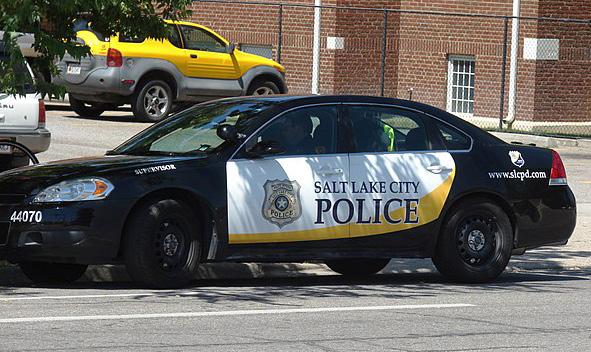
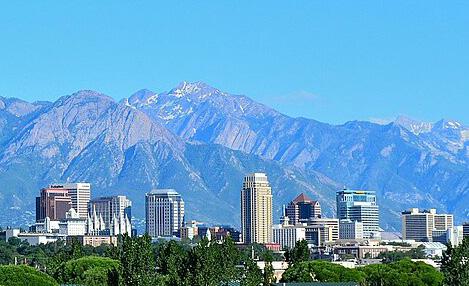
Who to Call
NEED SUPPORT BUT DON’T WANT TO PRESS CHARGES?
Contact your police department’s victim advocates. The SLCPD Victim Advocates can be reached at 801-580-7969 and is free and anonymous.
OTHER RESOURCES
• The FBI: Call 1-800-CALL-FBI or submit tips to tips@fbi.gov
• The Anti-Defamation League: Report online at www.adl.org/reportincident
• Your County Attorney: Find their contact information at upc.utah.gov/contacts-county-attorneys.php
More information about hate crimes and how to report them on the Salt Lake City Police Department website:




SPEAK UP & STAND UP Against Hate
Developed through a cooperative effort between the United Jewish Federation of Utah and its Community Partners Against Hate, Salt Lake City, Salt Lake City Police Department, the Salt Lake District Attorney’s Office.
In an emergency, or if you are witnessing a crime in progress, call 911.
If you believe you, or someone you know, have been a victim of a hate crime report the incident to law enforcement immediately.
Salt Lake City
(801) 799-3000
Salt Lake County
(801) 743-7000
Park City
(435) 615-5500

Funded by the United Jewish Federation of Utah.
For over 80 years, the United Jewish Federation of Utah has been working to build, connect, and support our Jewish community. The Federation’s Antisemitism Task Force and Community Partners Against Hate are committed to responding to and preventing antisemitism and all forms of bigotry and hatred in Utah.
Design and graphic support provided by the Utah Division of Multicultural Affairs.
Spanish version translation provided by the Mexican Consulate in Salt Lake City, Utah










 Source: Center for Study of Hate and Extremism at CSUSB
Source: Center for Study of Hate and Extremism at CSUSB







 Photo of the Community Partners Against Hate is from a press conference announcing the PSA for the Speak Up and Stand Up against Hate campaign
Photo of the Community Partners Against Hate is from a press conference announcing the PSA for the Speak Up and Stand Up against Hate campaign





